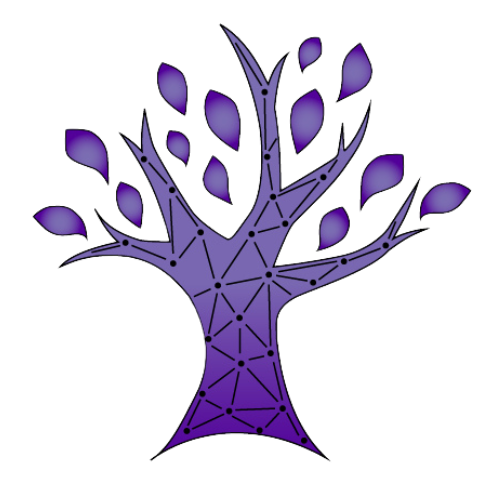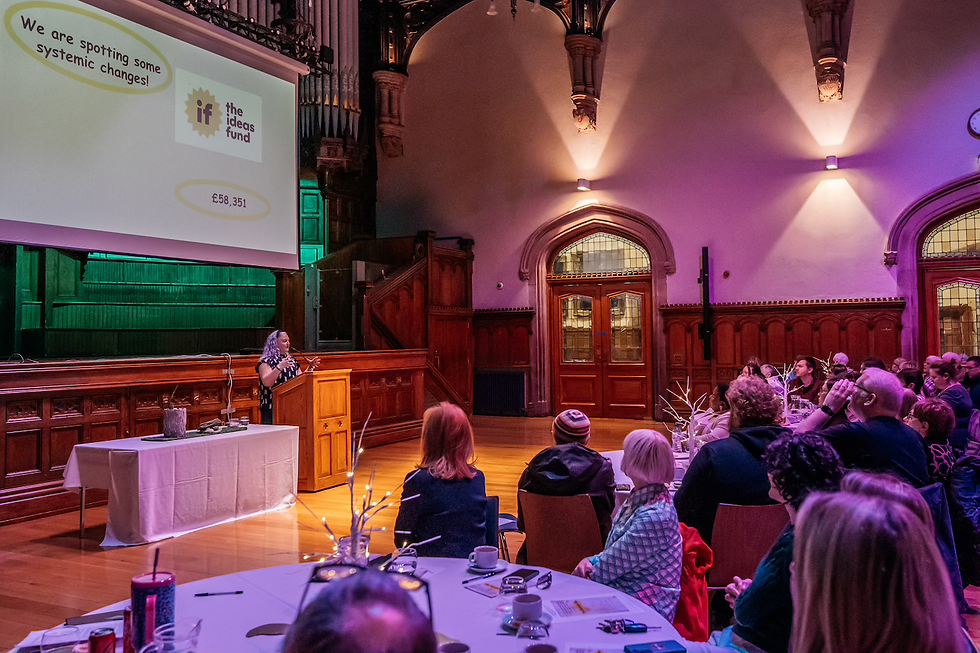Our Approach
Our values centre the importance of equitable relationships, reflective practice, and shared ownership.

Launch of 'Supporting Minority Ethnic Communities'. Photo Credit: Adi, ACCN
Mutual, not extractive
We're opposed to extractive practices that treat the community like a source of stories, data and credibility, without benefit or ownership. We work towards mutuality, so communities own their own development.

Launch of 'Hope Festival'. Photo Credit: Ian Lennox
Relationships are infrastructure
We’ve learned that the most important part of a project isn’t the content—it’s the relationships, and a culture of inclusive decision-making.
We prioritise equitable working relationships for both philosophical and practical reasons. As a small organisation, we rely on partnerships to achieve more than we could alone. That much is widely understood: what’s often overlooked is how to work in partnership effectively.
We’ve learned that a partnership is only as strong as the relationships it's built on. From a practical standpoint, this means ensuring our relationships—with colleagues and communities—are equitable and open. If we want to make good decisions, we need good information. And that means being inclusive: listening to other voices, challenging assumptions, and welcoming different ways of seeing the world.

Playing Human Bingo. Photo Credit: Adi, ACCN
But our interest in partnerships goes deeper than that. Working equitably with others reflects one of our core purposes: to be a supportive network for the community and voluntary sector.
More broadly, we believe that how we work should mirror the kind of change we want to see in society. We can’t build inclusive communities through exclusive practices, or encourage participation from minoritised groups while working in non-participatory ways. We try to practice what we preach.
This is why we see relationships as practical and ethical infrastructure, not just in community work, but in any setting.
Challenging our thinking
Challenging our assumptions and biases is an integral part of our approach. We structure critical reflection into all our work, for a few reasons:
To do better work
We try to keep improving our skills and knowledge, so we can help more people.
Keep changing
Communities keep changing, so should community workers.
It grounds us
We believe community work is about improving people's lives: if we're not doing that, it's not community work.

